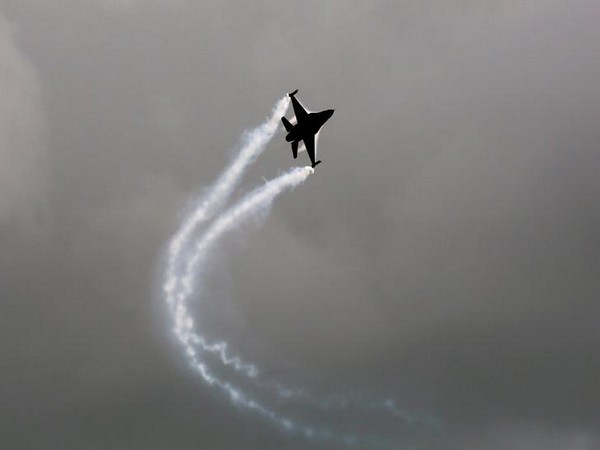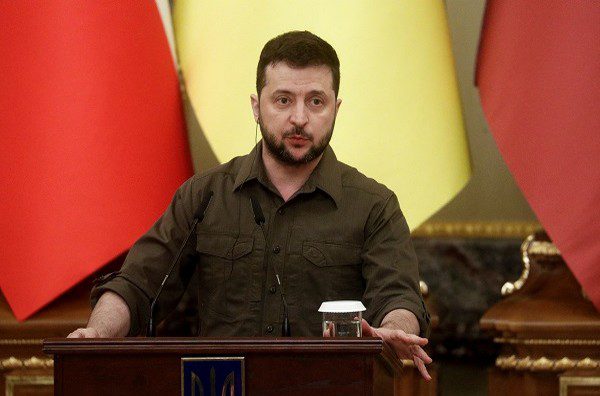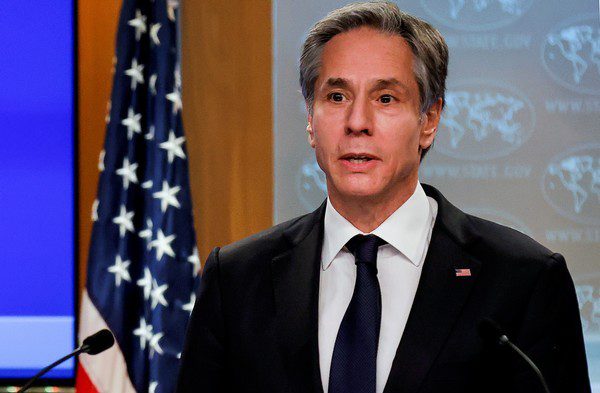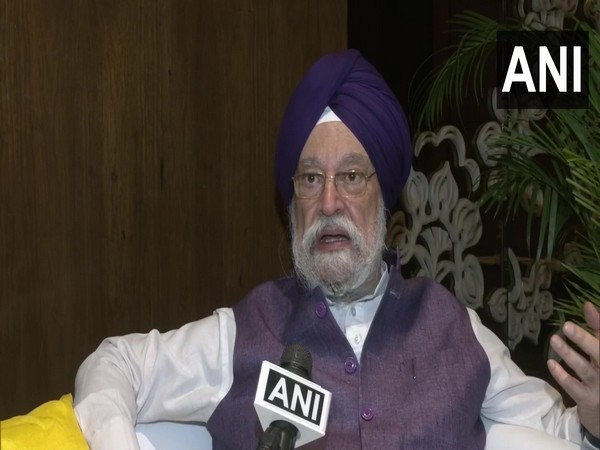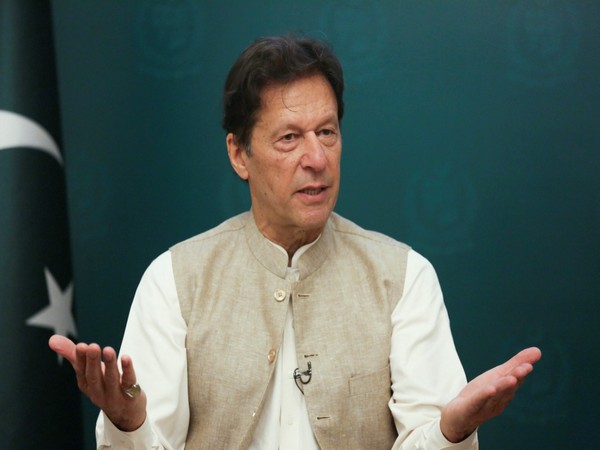When Russia invaded Ukraine in February 2022, in what it called ‘special operations’, I had written that the conflict will be short given the unequal nature of the two countries. Ukraine is a middle ranking country with a high corruption index, divided by ethnicities and lacking the financial muscle to be major military power. Russia on the other hand is a world power with the highest number of nuclear weapons, huge stock of tanks, artillery and arms manufacturing base as well as population to recruit from. In that assessment I was both right and wrong.
The war hasn’t been that short, nevertheless it doesn’t appear it will be one of the protracted wars such as Iraq and Afghanistan. While still retaining its corruption status in the world, Ukrainians have shown considerable resolve to fight a formidable foe. The recent funding commitment by USA has further strengthened that resolve.
What was missed in the analysis was that the Russian incursion wasn’t just seen as an invasion of Ukraine, but of the Occidental based world order. It has been perceived as a challenge to western hegemony of international relations, particularly State boundaries, rather than a regional conflict.
The alleged violation of much vaunted rule based order and State sovereignty has been used by the Occidentalist countries to condemn Russian attack and justify arming, training and financing Ukraine as well as to isolate Russia economically and politically.
There is no doubt by now that it was American and British advisors as well as support structures that propped up Ukraine to resist Russia. The Ukrainians fought. The training, the strategies, the resources and the intelligence support was supplied initially by USA mostly and UK to some extent and followed soon by the EU and other countries in the Occidental camp, such as Japan and South Korea. It is a formidable coalition of the world’s richest and most powerful countries.
The ground force has been Ukrainians. Many, some put the figure over 800,000, have fled the country. Forced conscription ensured recruitment of reluctant young men into the army. With a mixture of professionals and civilians with basic training, it has to be admired that Ukraine has done well to hold back Russia from walking over the entire country. The causalities have been enormous, particularly as percentage of the population.
One feels sorry for the youth who had other ideas for their lives but forced to fight. A young person forced into fighting has no choice. If he flees, he is shot by his own, if he fights, he could be killed by the enemy. They have no option but to fight. Such is the nature of States at war. The few lucky dissenters with money have found people smugglers to get them out.
The Russians have been effectively in conflict with the Occidental world order and not just Ukraine. Even religion wasn’t spared as the Ukrainian Orthodox Church broke from the Russian Orthodox Church. There are closer ties with the Catholic and Anglican Church now, the Church that dominates Occidental values systems.
ALSO READ: Propaganda War – Ukraine Through Facts and Fiction
Two years on the USA is losing interest as it usually does when the fight does not go its way. Its approach is often like a business venture. If the losses are heavy and there is no prospect of profit or success, it starts to wind down and invest elsewhere, taking the losses. However, the losses are only militarily and in regional power, not so much financial.
The United States military industrial complex siphons off the money from the taxes that ordinary Americans pay. The industry thrives on forever wars in the world. When the American taxpayer gets a bit tired of a particular war, the industry looks elsewhere for a new game. In some ways the American tax payer and in the case of Ukraine the British and European tax payer, has been paying for a venture that seems to be going nowhere. USA has now increased the funding by $61 Billion but most of it will go to its own industrial military complex to replenish its own domestic stock sent to Ukraine.
Russia however had the developing world on its side. Most countries also see the Occident as hypocrites. The attack on Iraq by USA and UK was also a violation of sovereignty and world order that is being protected now. Countries are largely weary of the order which is interpreted at will. Hence they haven’t quite been convinced by the arguments pushed by Occident.
The developing world also sees hypocrisy in the occidental media. A prime example is the BBC and Guardian who carried a few articles on the Azov group being Nazis and effectively running Ukraine before the conflict. However since the conflict, perhaps because of the infamous D notice that effectively imposes censorship on the media in times of war or national interest, both have been quiet on the influence of Nazi groups in Ukrainian establishment.
Very little if any reporting is done on the way youth have been forced into the war machine and the plight of those who try to run away. Very little is reported on the enormous corruption or the many weapons given to Ukraine that have found their way in the black market around the world, nor about the bank accounts of those leading the war effort in Ukraine.
A lot of media attention is given to Russian corruption, Russian conscription etc. Perhaps the New York Times is the one paper that has broken with this censorship at times.
These facts may not be in the ‘official’ public domain but most of the world is quite aware of them. Developing countries, are not influenced by the moral arguments of the occident but have shown remarkable self interest in international affairs. They try and remain neutral or some support USA and Ukraine for strategic reasons.
Russia has held itself remarkably both economically and politically despite the sanctions and freezing of its assets. It has deepened its ties with China and has continued to trade with India. Sanctions have had little effect on it, except Russians cannot openly buy ‘Prada’ etc.
Two years on, it appears the USA might abandon Ukraine slowly. Europe is a bit more evangelist and concerned about its place in the world order. It wants the fight to go on. It might prop up Ukraine for a bit more. However European public opinion is turning against EU’s continuing involvement in Ukraine.
Britain is now too small to lift the burden itself. Many British policy makers think they can influence America, but the last decade has shown that the USA looks after its own interests.
The ending does not look good for Ukraine. The war is no longer in American interest. Russia may have been weakened a bit but its war machine has strengthened and Putin’s hold on power has increased. Russian economy is doing well.
Ukraine is likely to lose the Donbas and may lose further land. Following the defeat, there may be internal coups and countries like Poland and Hungry have long been planning for the spoils, possibly land grab in western Ukraine.
It could all have been settled at the beginning and many a death could have been avoided. Had the Occidental powers not intervened, Ukraine may have engaged in ‘peace’ talks at the beginning. Nevertheless, it still appears this will be a short war when compared to Iraq and Afghanistan, where the US thought it was dealing with a very weak enemy and continued to hold hopes of success. Taking on Russia has been a different matter.

